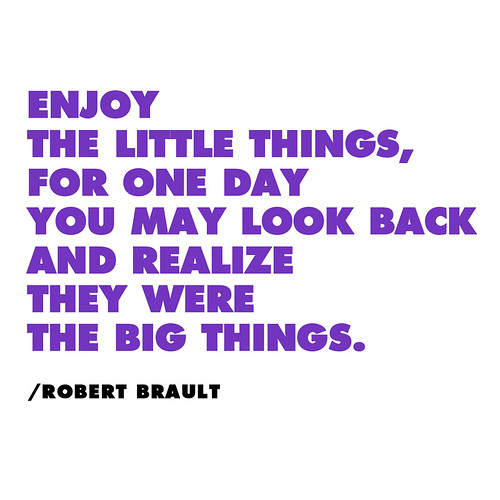This is what is most responsible for your happiness
.
It’s the little things.
Very happy people don’t experience more happy events than less happy people. It’s more about perspective and how depression-prone you are — and getting enough sleep helps too.
Via 50 Great Myths of Popular Psychology: Shattering Widespread Misconceptions about Human Behavior:
Ed Diener and Martin Seligman screened over 200 undergraduates for levels of happiness, and compared the upper 10% (the “extremely happy”) with the middle and bottom 10%. Extremely happy students experienced no greater number of objectively positive life events, like doing well on exams or hot dates, than did the other two groups (Diener & Seligman, 2002). Second, Nobel Prize-winning psychologist Daniel Kahneman and his colleagues tracked the moods and activities of 909 employed women by asking them to record in detail their previous day’s experiences (Kahneman, Krueger, Schkade, Schwarz, & Stone, 2004). They found that most major life circumstances, including women’s household income and various features of their jobs (such as whether these jobs included excellent benefits), were correlated only minimally with their moment-by-moment happiness. In contrast, women’s sleep quality and proneness toward depression were good predictors of their happiness.
Join over 180,000 readers. Get a free weekly update via email here.
Related posts:
New Harvard Research Reveals A Fun Way To Be More Successful




